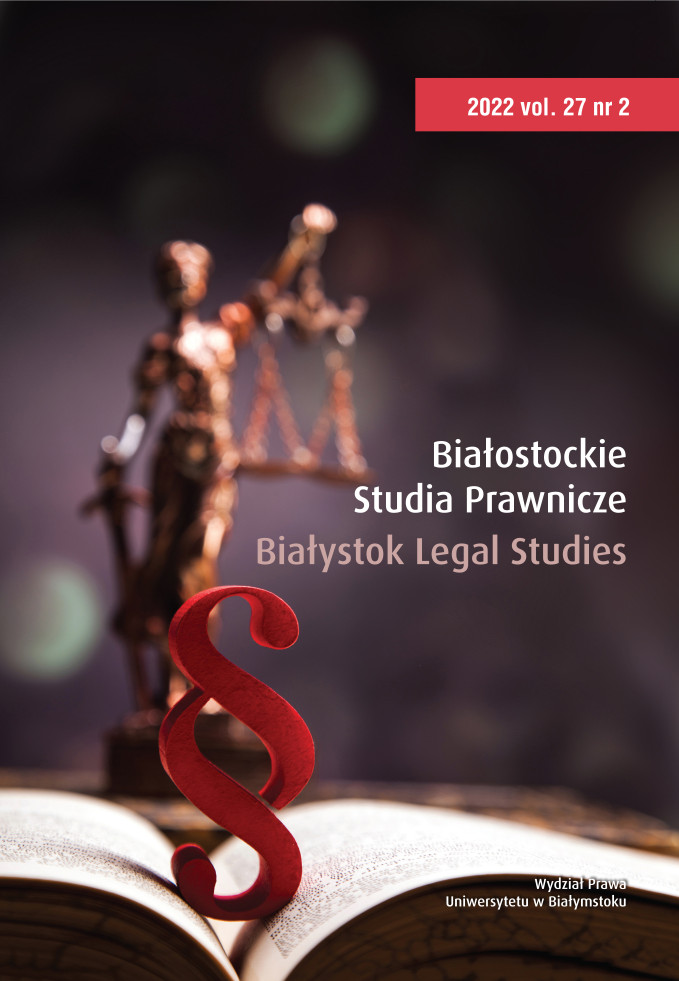Limiting the Right of Access to Public Information in the Age of COVID-19 – Case Study of Poland
Słowa kluczowe:
democratic state of law, epidemic state, human rights, right to informationAbstrakt
The right of access to public information is one of the most fundamental political rights granted to citizens under Art. 61 of the Polish Constitution. In the Act of 6 September 2001, not only was the procedure for providing the public information specified, but also some detailed rules on obliged entities. In practice, the right to access public information not only enables citizens to take mature political decisions, but also prevents the abuse, corruption, nepotism or waste of public funds. The transparency of public administration actions forces its representatives to behave by the book and to respect the rules governing a democratic state of law as well as human rights. Undoubtedly, the full implementation of the right of access to public information may not be possible in urgent and unexpected scenarios such as a state of emergency or martial law, but any restrictions should always be introduced in a proportionate manner and only to the extent necessary to protect other (more important) goods and values. The epidemic threat facing Poland in March 2020, followed by the state of the epidemic and the accompanying activities of the broadly understood legislator, have significantly impacted the implementation of the openness principle and the right to access public information in the country. Simultaneously, doubts were raised not only due to the scope and nature of these changes, but also because of their constitutionality. In order to obtain a full picture of these threats to the implementation of the law in question, one must take into account possible decisions of the Constitutional Tribunal (with positive or negative effects) in cases that will be ruled on soon. The analysis that we present is aimed not only at determining whether the functioning of the state in the epidemic regime justified the need to limit the constitutional right of access to public information, but also – in a broader systemic context – at demonstrating that the transparency standards existing in our national model need to be strengthened, not weakened.Bibliografia
Bernaczyk M., Funkcje prawa do informacji w polskim porządku prawnym, (in:) M. Jabłoński (ed.), Realizacja i ochrona konstytucyjnych wolności i praw jednostki w polskim porządku prawny, Wroclaw 2014.
Chmielnicki P., Minich D., Rybkowski R., Stachura M. and Szocik K., The COVID-19 Pandemic as an Opportunity for a Permanent Reduction in Civil Rights, ‘Studia Iuridica Lublinesia’ 2021, vol. 30, no. 4.10.17951/sil.2021.30.4.77-109
Dylus A., Aksjologiczne podstawy jawności i jej ograniczenia. Perspektywa etyki politycznej, (in:) Z. Cieślak and G. Szpor (eds.), Jawność i jej ograniczenia t. 2, Podstawy aksjologiczne, Warsaw 2013.
Jabłoński M., Udostępnienie informacji publicznej w formie wglądu do dokumentu, Wroclaw 2013.
Jabłoński M., Udostępnienie informacji publicznej w formie wglądu do dokumentu, Wroclaw 2015.
Kamińska I. and Rozbicka-Ostrowska M., Ustawa o dostępie do informacji publicznej. Komentarz, Warsaw 2015.
Koman-Bednarczyk A. and Kurek N., Freedom of Assembly in the Light of Polish Regulations and Selected Case Law Standards of the European Court of Human Rights, ‘Studia Iuridica Lublinesia’ 2021, vol. 30, no. 5.10.17951/sil.2021.30.5.309-324
Kościuk D.K. and Kulikowska-Kulesza J., The Right to Public Information. Selected Interpretation Doubts in the Doctrine and Jurisprudence of Administrative Courts, ‘Studia Iuridica Lublinesia’ 2020, vol. 29, no. 1.10.17951/sil.2020.29.1.129-143
Piskorz-Ryń A., Dostęp do informacji publicznej- zasady konstrukcyjne ustawy, ‘Kwartalnik Prawa Publicznego’ 2002, vol. 4.
Piskorz-Ryń A., Prawo do informacji od podmiotów wykonujących administrację publiczną w polskim porządku prawnym, ‘Samorząd Terytorialny’ 2000, no. 7–8.
Pitera J., Wkład Transparency International Polska w przezwyciężanie korupcji, (in:) A. Dylus, A. Rudowski and M. Zaborski (eds.), Korupcja. Oblicza, uwarunkowania, przeciwdziałanie, Wroclaw/Warsaw/Cracow 2006.
Raszewska-Skałecka R., Edukacja jednostki wobec wyzwań społeczeństwa informacyjnego – kwestie wybrane, (in:) J. Blicharz and J. Boć (eds.), Prawna działalność instytucji społeczeństwa obywatelskiego, Wroclaw 2009.
Sibiga G., Stan dziurawy informacyjnie, https://www.rp.pl/inne/art18919981-grzegorz-sibiga-stan-dziurawy-informacyjnie.
Skąpska G., Głos w dyskusji nt. Etyka i polityka w społecznym odbiorze, (in:) G. Skąpska (ed.), Etyka w polityce, Cracow 1997.



